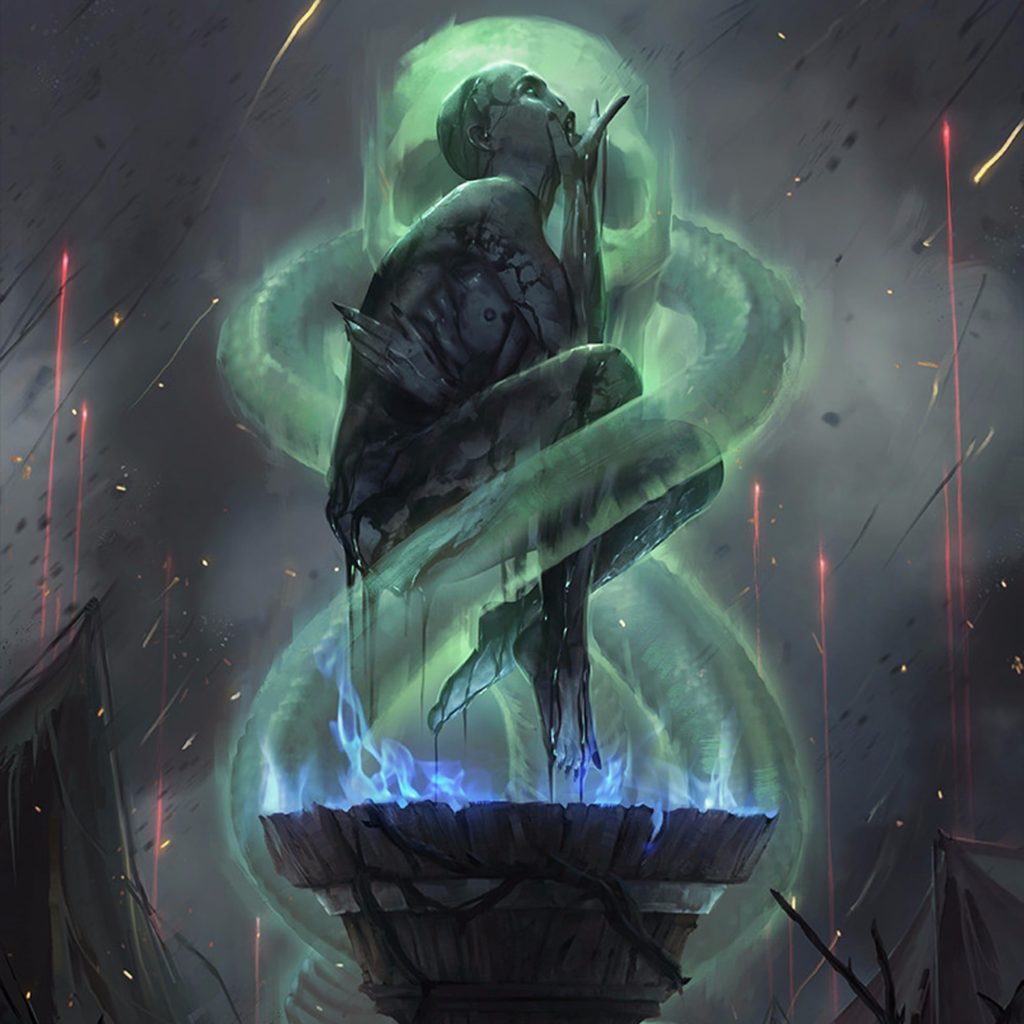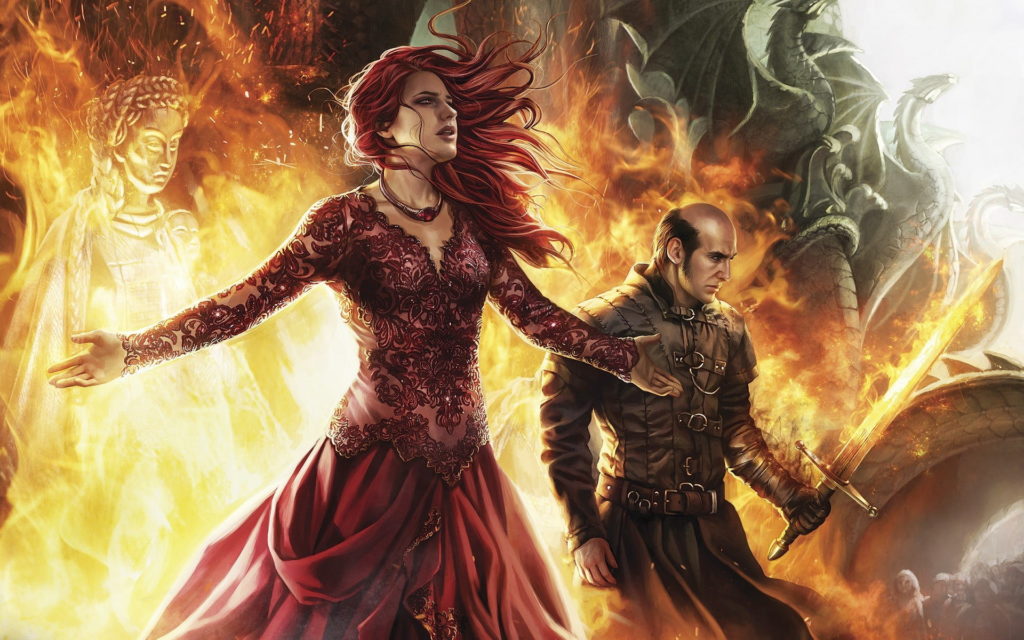I stumbled onto a tweet by an indie writer recently. They were advertising their novel, and it went something like this:
If you like Lord of the Rings, Game of Thrones, The Hunger Games, Outlander, The Hobbit, or Harry Potter, [BOOK TITLE] is for you!

Now, I don’t usually try to write professional advice on here, because I don’t have the credentials to be telling anyone what to do. With that said, the problems with this tweet were so glaring, and hit me on such a visceral level, that I realized something: this is a subject where one’s credentials as a reader are actually more relevant than those as a published writer. So, here are my thoughts on comp titles.
First, what is a comp title? “Comparison titles” are works similar to yours. They are usually used when you are trying to sell said work to agents or editors, and occasionally — directly to readers. There are several formats traditionally used for the purpose:
(Disclaimer: I came up with the examples on the spot, I accept that people might not agree with them. Which would kind of make my point later.)
[TITLE] in/on/with [TYPE OF CHARACTER]/[PLACE]/[GENRE]. These are trying to tell whoever you are pitching, that your work is very similar to another work, but with one particular difference, be it the character(s), location, genre, or some twist in the story. Example comp: Mistborn is “Ocean’s Eleven, set in an epic fantasy world”. Or The Lion King is “Hamlet, but with lions.”
[TITLE] meets [SECOND TITLE]. Now you are telling whoever is in the elevator, that your work is a mixture of two other works. This doesn’t imply equal parts – your project might take the plot of one title, and place it into the world of the other, or have characters similar to one, but placed in a story, similar to the other. Example Comp: The Hunger Games is “Battle Royale meets 1984.”
[TITLE] meets [TITLE] in/on/with [TYPE OF CHARACTER]/[PLACE]/[GENRE]. An obvious amalgamation of the previous two.

Of course, there are plenty of other ways to do comp titles, because a smart writer/agent will think of the best way to sell their particular work, rather than be slave to templates. But overall, the goal of a comp title is to make people think of more famous works in relation to yours. If this already seems like a risky proposition, I would like to direct your attention back to the tweet that started this.
First and, well, blatantly obvious rule of comp titles is that they should actually fit with your work. If you are writing fantasy and your comp title uses 2001: A Space Odyssey, you are obviously misleading people, and it will take them one confused page into your work to find that out. On this level, the comp from the tweet is ridiculous, because let’s be real here. The only thing Lord of the Rings, Game of Thrones, The Hunger Games, Outlander, The Hobbit, or Harry Potter have in common, is that they are all speculative fiction. They aren’t even for the same target groups — half of those books have been written for adults, and half fall in the Young Adult or Middle Grade fields.

But there is another major risk, when picking your perfect comp title: using massive bestsellers. Here, the issue is one of finding the middle ground. There is no point in using a comparison that nobody has ever heard of. You want to use a famous title that will resonate with whoever you are pitching. But you NEVER want to use the absolute outliers. Because once you start comparing your work to Game of Thrones or Harry Potter, you aren’t telling me that you’ve written an epic fantasy full of political intrigue, or a fantastical adventure in a magic school. Instead, what you are now telling me, is that your thing has the same potential for success.
For obvious reasons, everyone is going to be skeptical of such a claim. Not only agents and editors, but also readers, most of whom have a highly tuned bullshit detector, not to mention have usually read a lot of works in the genre you are writing in. They already know your work is not the next Harry Potter, because NO WORK is the next Harry Potter. If you end up becoming an outlying success (and statistically speaking, chances are you won’t), your creation will be just as unique and incomparable to others, as Harry Potter is.

In the end, to get back to that indie writer and his tweet, I get it. I really do. Self-publishing is brutally difficult, platform and outreach are critically important. All of those titles were written as hashtags, so as to draw people that might be browsing them. But your book is not Donald Trump. When it comes to fiction — and especially in such a small and tight-knit community as the SFF genres — there most certainly IS such a thing as bad advertising. You never want to be the author with the overblown claims of his own work, because, well, nobody believes that author.
Comp titles are amazingly useful shortcuts in trying to get someone interested in what you’ve created. But they are a first step, and the second inevitably involves your actual creation. Which has to fit the way you advertised it, because there are several more steps before you reach your intended audience. So if you start with unrealistic claims or outright lies, you won’t get far.
Be First to Comment